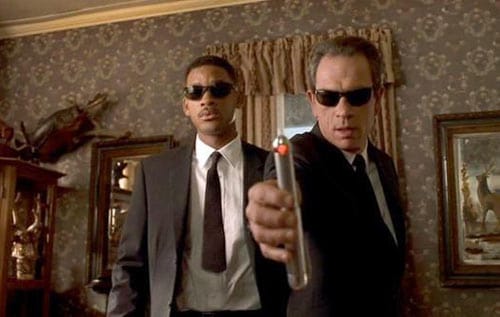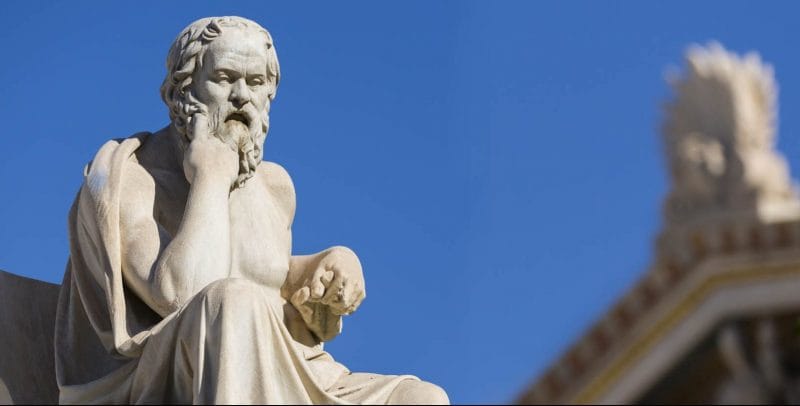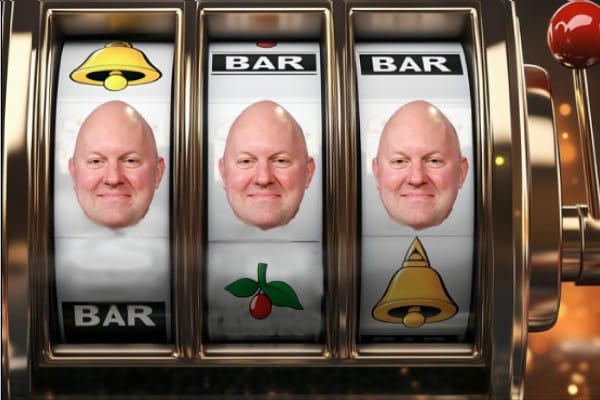You Are Your Memories and the Present Doesn't Exist

Recently I went into hospital for a routine endoscopy, allegedly.
I’ve had it done before, so this time I knew what to expect, but the first time was before I’d ever heard of “twilight anaesthesia.” For those who are as unfamiliar with hospital knockout drugs as I was, twilight anaesthesia differs from general anaesthesia in such a way as you experience some consciousness during the procedure, but it erases your memory of it.
The first time I had this procedure done I remember the events either side of it clearly enough: I was lying in the hospital bed surrounded by medical personnel who prepped me. They inserted the IV, they wrapped the blood pressure cuff around my arm, they put the clip on my finger, they put the plastic thing in my mouth and the tubes up my nose. And then the plastic thing came out, the tubes came out, and they started unhooking all these devices again. I asked if something was wrong and if they were aborting the procedure. They said it was finished. I thought they were joking.
Ordinarily with medical stuff it’s better and easier the second time around because you know what to expect, but in this case, this is the very reason it’s kind of worse the second time. I both did and didn’t know what to expect. The first time I had to do this, the only thing I knew about anaesthesia was they were going to put me out. Turns out it’s more complicated.

There is a very strange kind of anxiety that comes out of knowing that you are going to consciously experience an invasive medical procedure, knowing that you’ll be fine afterward, but not because it’s not a horrible experience. It probably is a horrible experience. If I knew it wasn’t, then it would be much easier to get to it, get through it, and get past it.
In a very real sense, to me, I was about to experience something for the first time, for the second time. If I ever need to do this again, it will be for the first time, for the third time.
So, did I experience something, or did I not?
Forgive me, I haven’t been much in the mood for social commentary this week, so we’ll make do with some philosophy.

John Locke was one of the most prominent proponents of the idea that you are your memories, but he didn’t word it like that. As a devout Christian he believed that there was some kind of immaterial soul but his version wasn’t necessarily the idea that we’re more familiar with: that we are ghosts driving a machine made of meat. His view of personhood was continuation of consciousness.
To illustrate this, he had a thought experiment featuring a prince and a cobbler switching memories with each other. This is not to be confused with Mark Twain’s story, the Prince and the Pauper, about the nominal individuals switching lives (though I can’t prove it, I think it’s unlikely that Twain wasn’t inspired by Locke, here). In Locke’s analogy, two very different men switch their internal knowledge of self. The cobbler now has all of the memories, and the lived experiences that come with them, of a prince.
So is he a cobbler, or a prince? Remember, nothing changed except the memories. Still, it really feels like it’s more accurate to say he’s a prince in a cobbler’s body than to say he’s a cobbler who thinks he’s a prince. Compare this with any other object and it might feel different—if you have a laptop and you switch out the hard drive then it’s still the same laptop. But if you take a cobbler and switch his memories with a prince, you don’t have a confused cobbler, you have Freaky Friday.

The thought experiment is, of course, nonsense. You can’t freaky your way into somebody else’s body on Friday or any other day. But that’s the way most thought experiments are. If you like, then there’s a more sciency way to conceptualize the idea that we are made of memories: The mere fact that signals take time to travel from our sensory organs to our brains means that the way we perceive the present is always in the past. It’s only a small fraction of a second in the past, but still, by the time you actually see something, you’re already only remembering having seen it.
You’re a bundle of memories adding to itself like a snowball as you roll through time. We never touch the present, which means the present is always in our future. If the present is in the future then there really is no present.
This is my favourite educational video to illustrate this concept
But I digress. If we are our memories, then what happens when we lose those memories? Do we lose part of ourselves?
I have memories that I sometimes wish I didn’t have, but given the opportunity to undergo some kind of Eternal Sunshine-esque cleansing procedure I don’t think I could go through with it. I feel guilty even suggesting there are memories I don’t want, because few of them are traumatic. Anyone with genuinely horrible memories would balk at my museum of cringe. My three first decades or so of being just an incredibly awkward and tactless person who annoyed everyone around me. Certainly there are people with PTSD who could teach me something about regretted memories. Reminiscing, to me, is like a non-stop apology tour in my head.
But if we could excise memories, like a surgery, would that not fundamentally change who we are? It would be an irreversible body modification. The changes to our past would echo forward through time like the crushed butterfly in Bradbury’s A Sound of Thunder. Without those memories we would have nothing to learn from.
Locke had another thought experiment about mind, memory, and identity. As is common in philosophy, he used Socrates as a stand-in. Put very simply: Socrates, when sleeping, has vivid dreams that the waking Socrates cannot remember. That being the case, is the dreaming Socrates actually Socrates at all?

He argues no, not really. Not according to his definition, in which Socrates has a persistence of consciousness. According to Socrates’ own inner world, he goes to bed, and then he wakes up. Dreams may have occurred—he may remember having dreamed without access to the details, and if science could measure his brain activity it might prove the dreaming objectively—but the dreamer isn’t a part of Socrates’ continuum. The dreamer wasn’t Socrates, and so we can only say that the dreamer is somebody else.
Likewise, whatever experience I might have consciously had in that hospital bed, all hooked up with tubes and a camera all the way down my throat inspecting my duodenum, is permanently lost to me. My continuum is the prep and disassembly of equipment (are we aborting the procedure?) and whoever existed in between is a different person. It’s me here and somebody else in that bed. We are Mariah Carey and J-Lo.

Part of Locke’s reason for these philosophical inquiries—besides the for-its-own-sake that drives most philosophy—was its relevance to criminal justice. We try and punish people for crimes that they have committed, and we avoid, to the best of our flawed ability, punishing people for somebody else’s crimes. So can we try people for crimes that they cannot remember? The Holocaust, of course, was long after Locke’s death, but his thoughts on this matter have become relevant in recent decades as we continue to hunt Nazi genocideers well into their twilight years, to try them for horrific crimes that have faded and slipped from their calcified nonagenarian minds.
For me, though, the implications invoke something closer to a horror premise. Of other versions of myself left detached, marooned in time. Versions of myself that I had surgically removed from my body because their trauma is inconvenient for me. The doctors who just wanted to peek at my upper intestine to make sure there’s nothing happening down there that I should be concerned about, performed another surgery as well—a chemical dismemberment of the self, performed for my comfort, but leaving another version of myself stranded and who would never know anything but his experience in that bed.
Knowing this time what was involved with this anaesthesia, I intended to ask the doctors afterward about my other self. I wanted to get to know him, how conscious he’d been, whether he had suffered, or whether he had in fact mercifully slept all the way through. But there was only one nurse tasked with bringing me back to myself and he knew nothing. The doctors, nurses, and anaesthesiologist present for the procedure had already departed for their next scheduled appointment. Someone gave me a sandwich and a coffee. My hand hurt where they had stuck the cannula in. The sandwich was hospital food but not the worst.
I’ll never know what that other version of myself went though and I know that I am likely overdramatizing this. It’s not like he sat through his own open heart surgery. They stuck a tube down his throat, big whoop. It probably wasn’t very traumatic at all.
Probably.
On a completely different note, I’m writing a book about how reactionary geeks in the internet era tumbled down the fascism pipeline and set about smashing up the world out of hubris and spite, and how they worked their way into the deepest corridors of power. The working title is How Geeks Ate the World and I’m going to be dropping parts of the draft into this very newsletter as the project comes along—but only for paid subscribers. So if you want to read along in real time, please consider subscribing. Otherwise I’ll be keeping you in the loop. Check it out here:






